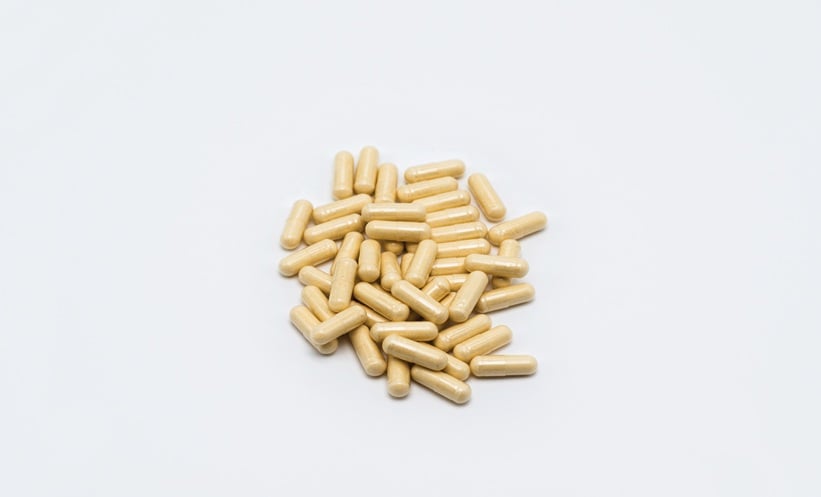NON-ALCOHOLIC fatty liver disease (NAFLD) is a chronic liver condition caused by fat accumulation in the liver without secondary causes like excessive alcohol consumption. It ranges from simple fat accumulation to non-alcoholic steatohepatitis (NASH), which can progress to fibrosis and cirrhosis. NAFLD also increases the risk of cardiovascular disease. A recent study estimated its global prevalence at 30.05%, with a 50.4% rise from 1990–2006 to 2016–2019. The annual mortality rate per 1000 persons among NAFLD patients was 12.60 for all-cause mortality, 4.20 for cardiovascular-related mortality, 2.83 for extrahepatic cancer, and 0.92 for liver-specific mortality.
Managing NAFLD is essential to prevent complications and reduce healthcare costs. Approaches include lifestyle changes, dietary modifications, medications, and bariatric surgery, with diet and lifestyle changes posing lower risks. Effective dietary strategies involve a Mediterranean or low-calorie diet, reducing red meat, trans fats, and refined grains, and increasing fibre intake.
Chitosan, a dietary fibre derived from chitin in fungi, mushrooms, and crustaceans, has shown potential for weight and fat reduction, as well as improving insulin resistance and lipid profiles. Animal studies suggest chitosan can ameliorate NAFLD, but human trials remain limited.
Diagnostic tools for NAFLD include transaminases such as gamma-glutamyltransferase (GGT), alanine aminotransferase (ALT), and aspartate transaminase (AST). However, these markers have limited accuracy in predicting disease progression, leading to the development of non-invasive indices like the fatty liver index (FLI), hepatic steatosis index (HSI), and triglyceride-glucose index (TyG).
This study is the first to examine the effects of chitosan supplementation on liver function, hepatic steatosis predictors, and metabolic markers in NAFLD patients. After eight weeks of supplementation alongside a low-calorie diet, chitosan improved liver function and reduced weight and waist circumference, though effects on blood biomarkers and hepatic steatosis predictors were not significant.
These findings suggest that while chitosan supports weight loss, longer supplementation or higher dosages may be required for significant metabolic improvements. Further research with larger sample sizes and extended durations is needed to confirm chitosan’s role in NAFLD management.
Katie Wright, EMJ
Reference
Mohsenpoor MA et al. The effect of chitosan supplementation on liver function, hepatic steatosis predictors, and metabolic indicators in adults with non-alcoholic fatty liver disease: a randomized, double-blinded, placebo-controlled, clinical trial. J Health Popul Nutr. 2025;44(1):60.








